Dulles Airport Metro Rail Project
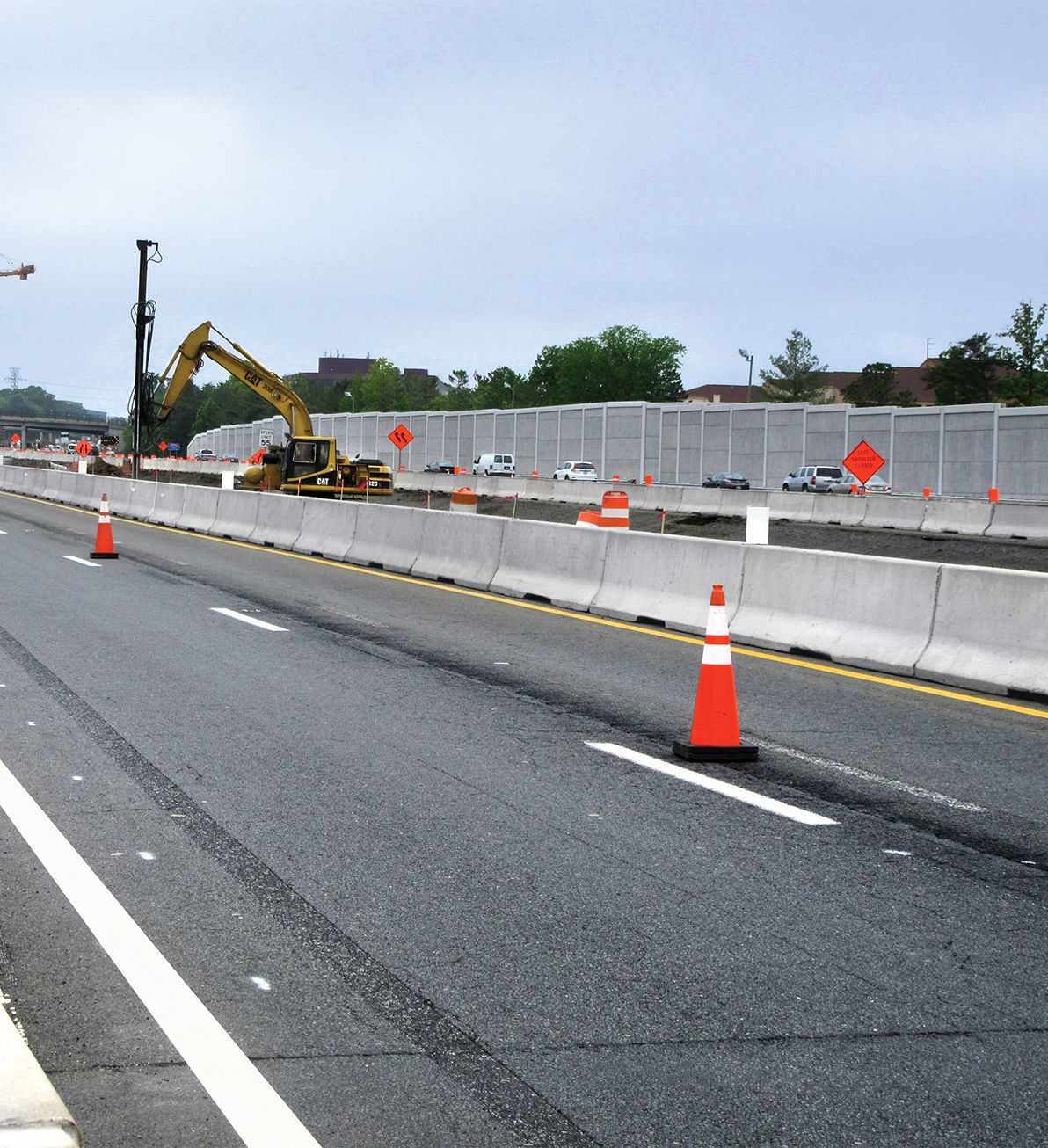
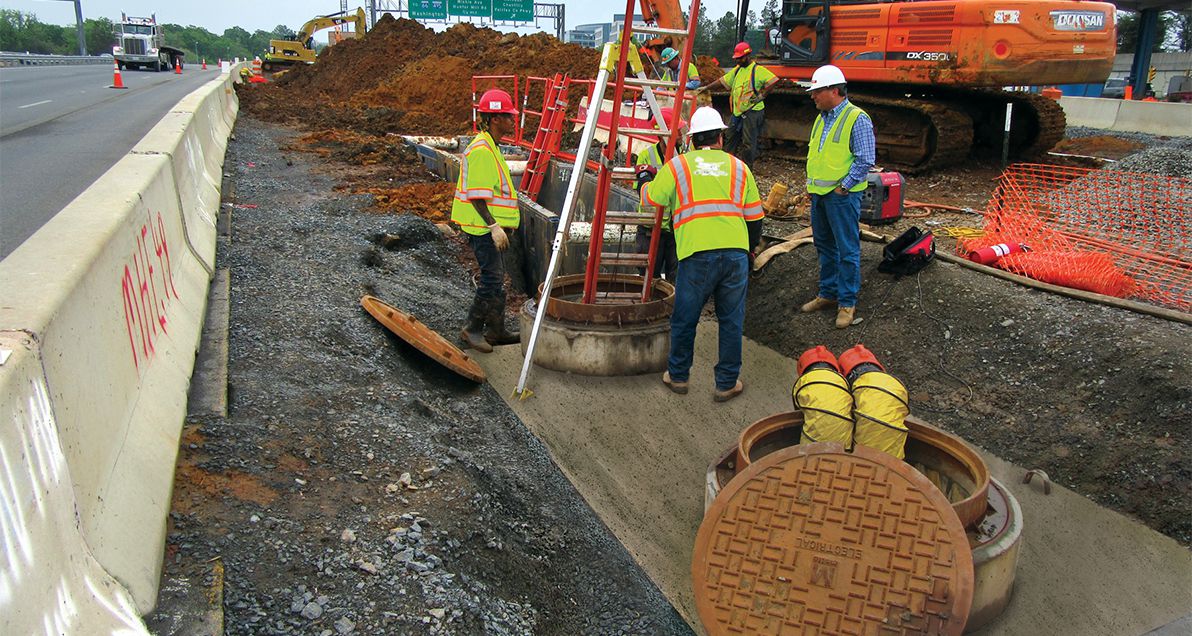
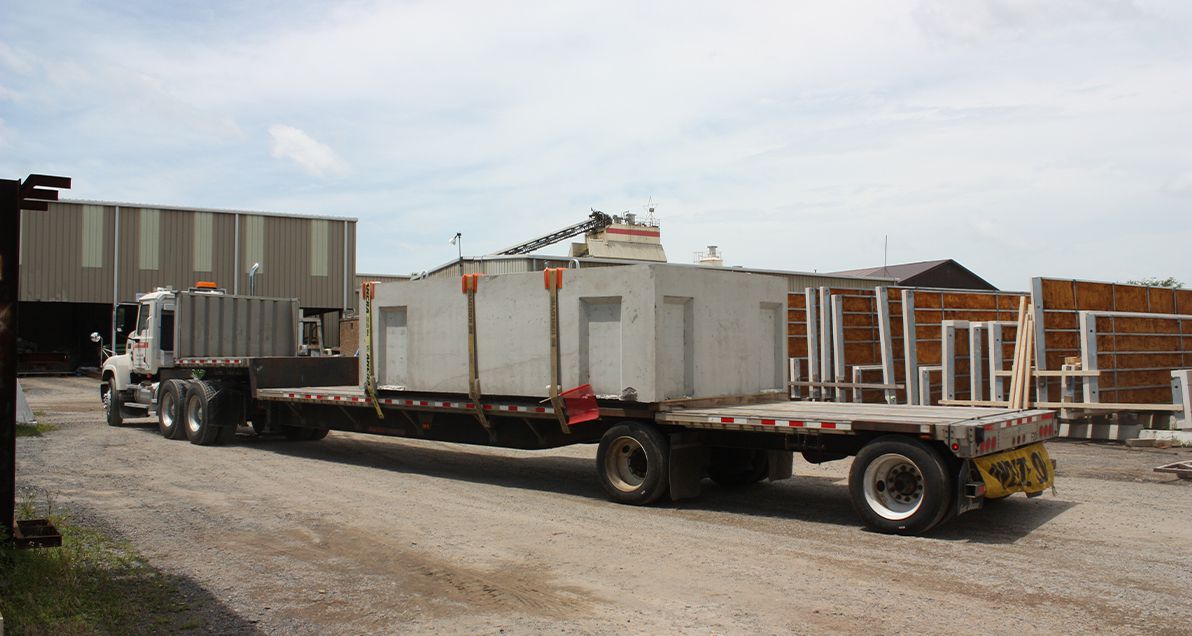
Project Details
- Location
- Dulles, VA
- Owner
- Metropolitan Washington Airports Authority
- Contractor
- Capital Rail Constructors Group (Clark Construction Group and Kiewit Infrastructure South)
- General
- 265 precast concrete manholes, aerial guideway parapet panels and J-J Hooks safety barrier
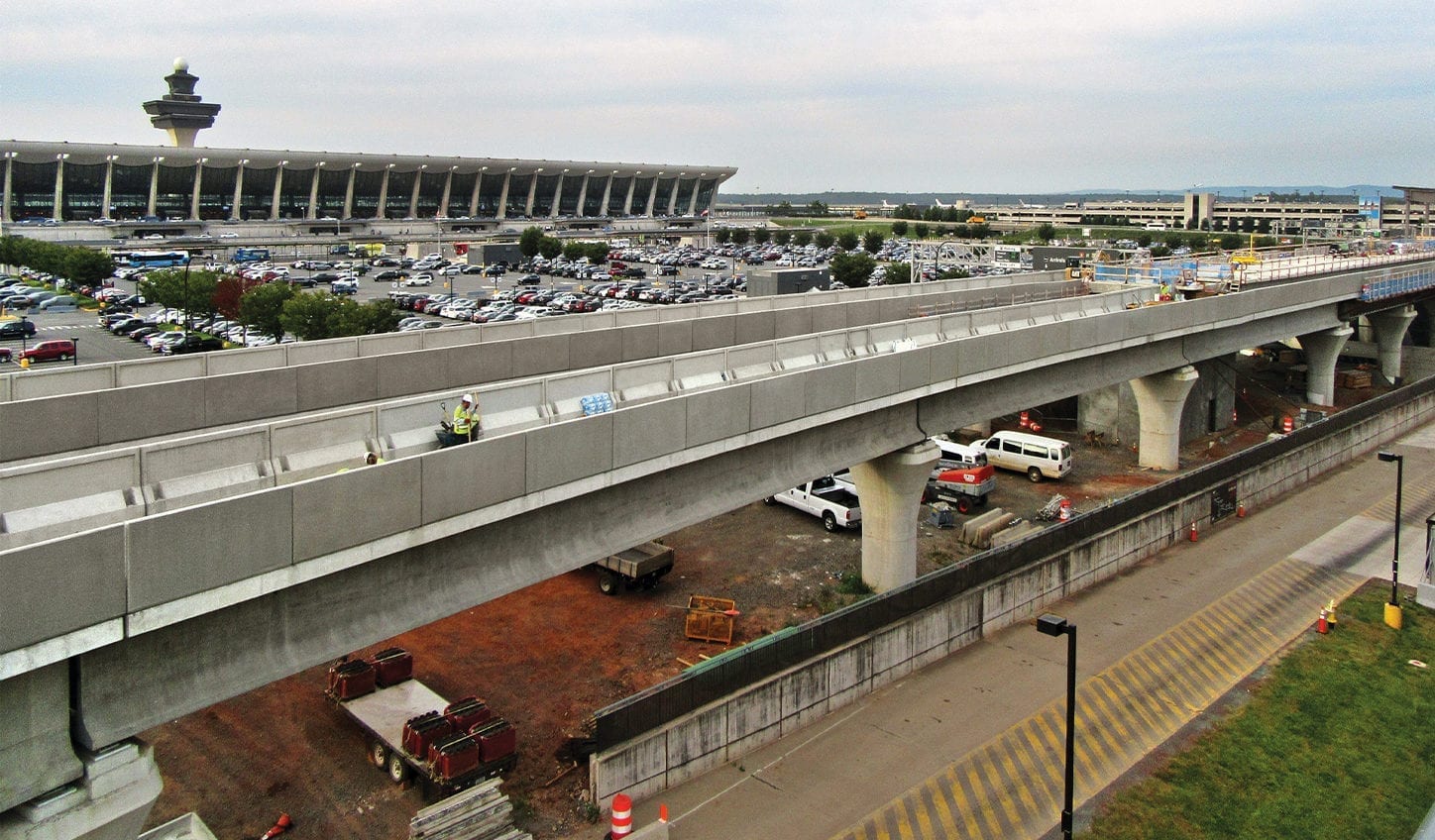
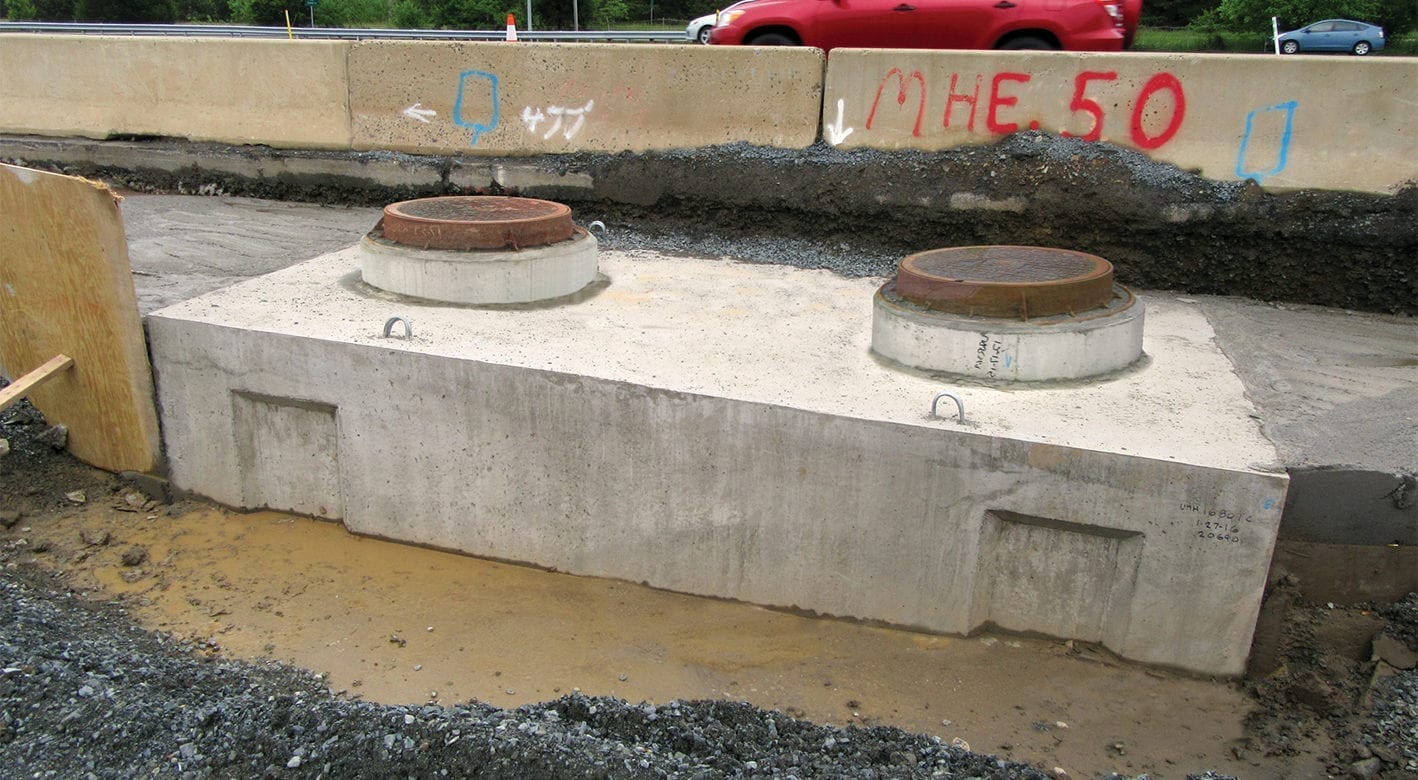
A Leader in Precast Concrete Solutions Provides Manholes, Barriers and Parapet Panels via Lean and Just-in-time Manufacturing
The Dulles Corridor Metrorail Project is a 23-mile extension of Washington’s existing Metrorail System, and is being built in two phases by the Metropolitan Washington Airports Authority (MWAA). When both phases are complete, the line will provide a one-seat, no-transfer ride from Dulles to Washington, D.C., and include 11 new stations. Phase II will include six stations along 11.4 miles from the Wiehle-Reston East Station to Ashburn.
For Smith-Midland Corporation, the project includes 265 precast concrete manholes, aerial guideway parapet panels and J-J Hooks Safety Barrier. In total, Smith-Midland used 15,000 tons of concrete for Phase II of the $4 million project.
Smith-Midlands’ culture of lean manufacturing makes it a strong partner in the project, which is spearheaded by Capital Rail Constructors, and includes a joint venture between Clark Construction Group and Kiewit Infrastructure South.
“We are delighted to be involved in such a progressive and innovative project,” said Matthew Smith, Smith-Midland’s Vice President of Sales and Marketing. “We have built our company on the promise of quality products and excellent service, and a partnership with Metro illustrates a cooperative trust and shared goal in accomplishing these things.”
The lean manufacturing business approach established by the Toyota Production System (TPS) model reduces waste in labor, inventory and parts, and is a value-add for customers. Smith-Midland has implemented this TPS approach and business model throughout its organization.
“Smith-Midland remains focused on lean manufacturing practices, which benefit our customers by providing the highest quality products and services at the lowest cost to the customer, in the shortest time, and in the safest manner,” said Ashley Smith, President of Smith-Midland Corporation.
“We will deliver this project in a just-in-time manner, which minimizes space and time-to-market, movement in the production yard, reduces storage costs, and enables us to be more responsive in meeting a customer’s needs,” said Chris Kemp, Smith-Midland’s Manager of Continuous Improvement. “In this way, feedback from a customer – regarding order changes or changes in schedule – can be immediately sent back to production, and allows us to be most efficient, producing what they need, when they need it. Just in time means we’re matching up our production with a customer’s delivery requirements.”